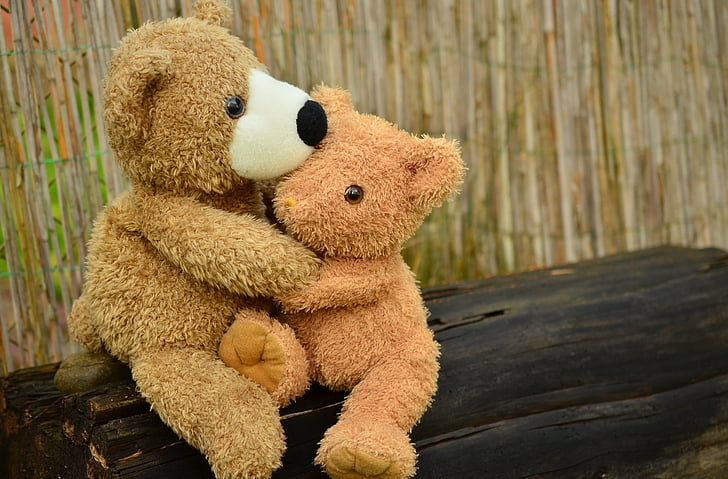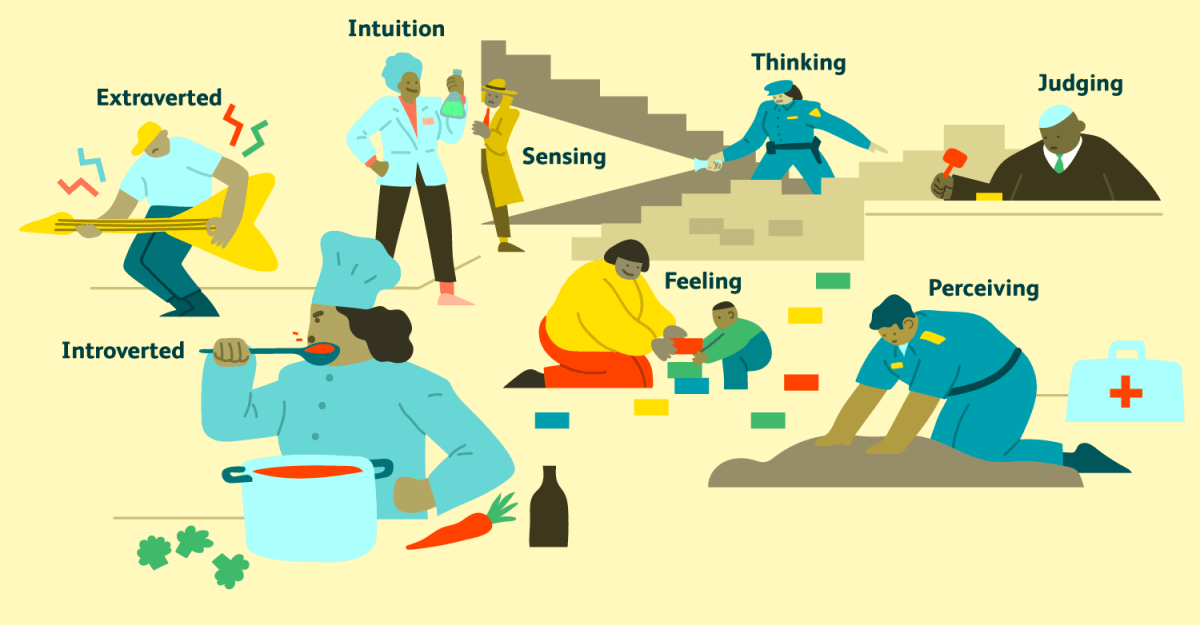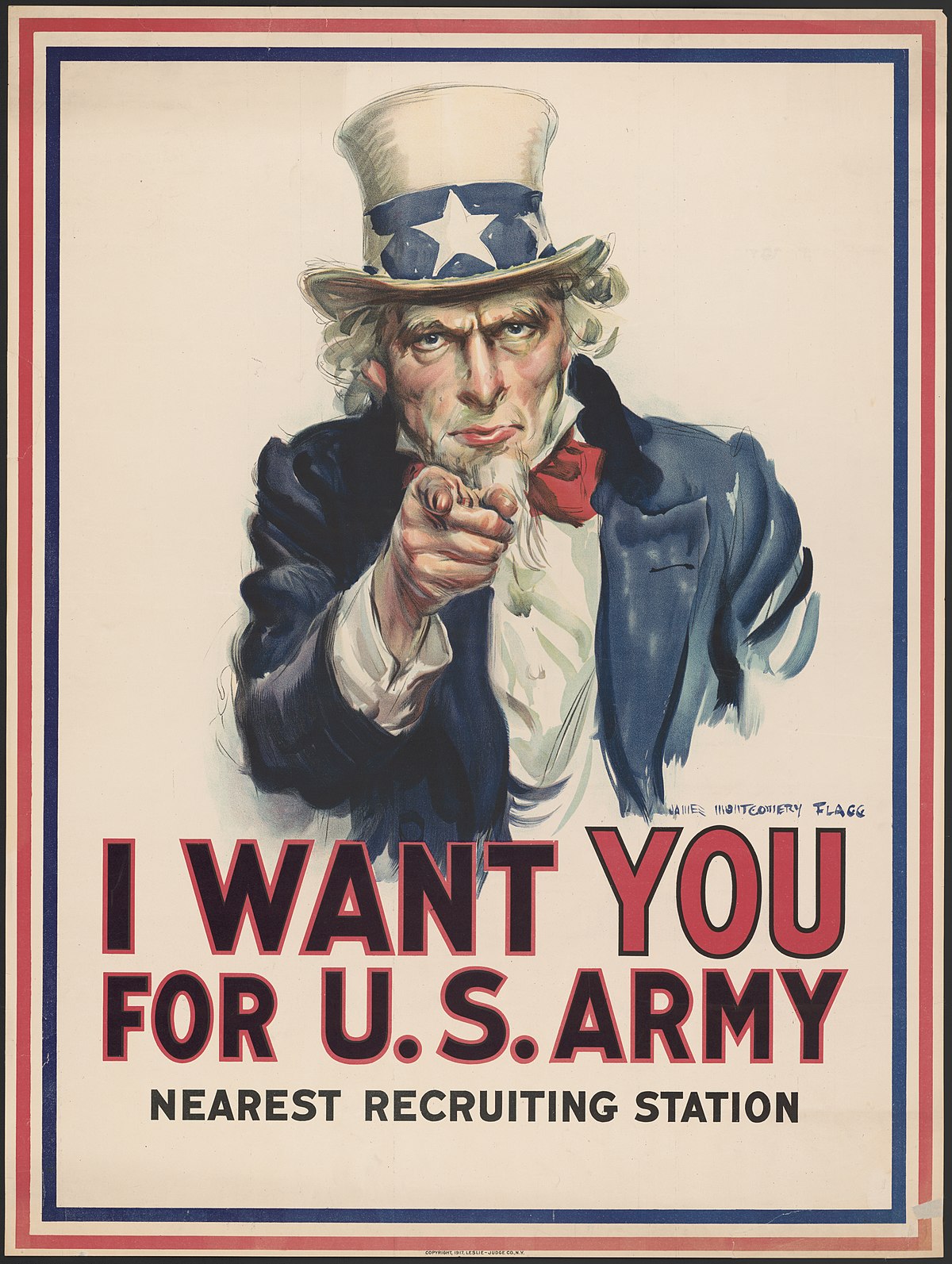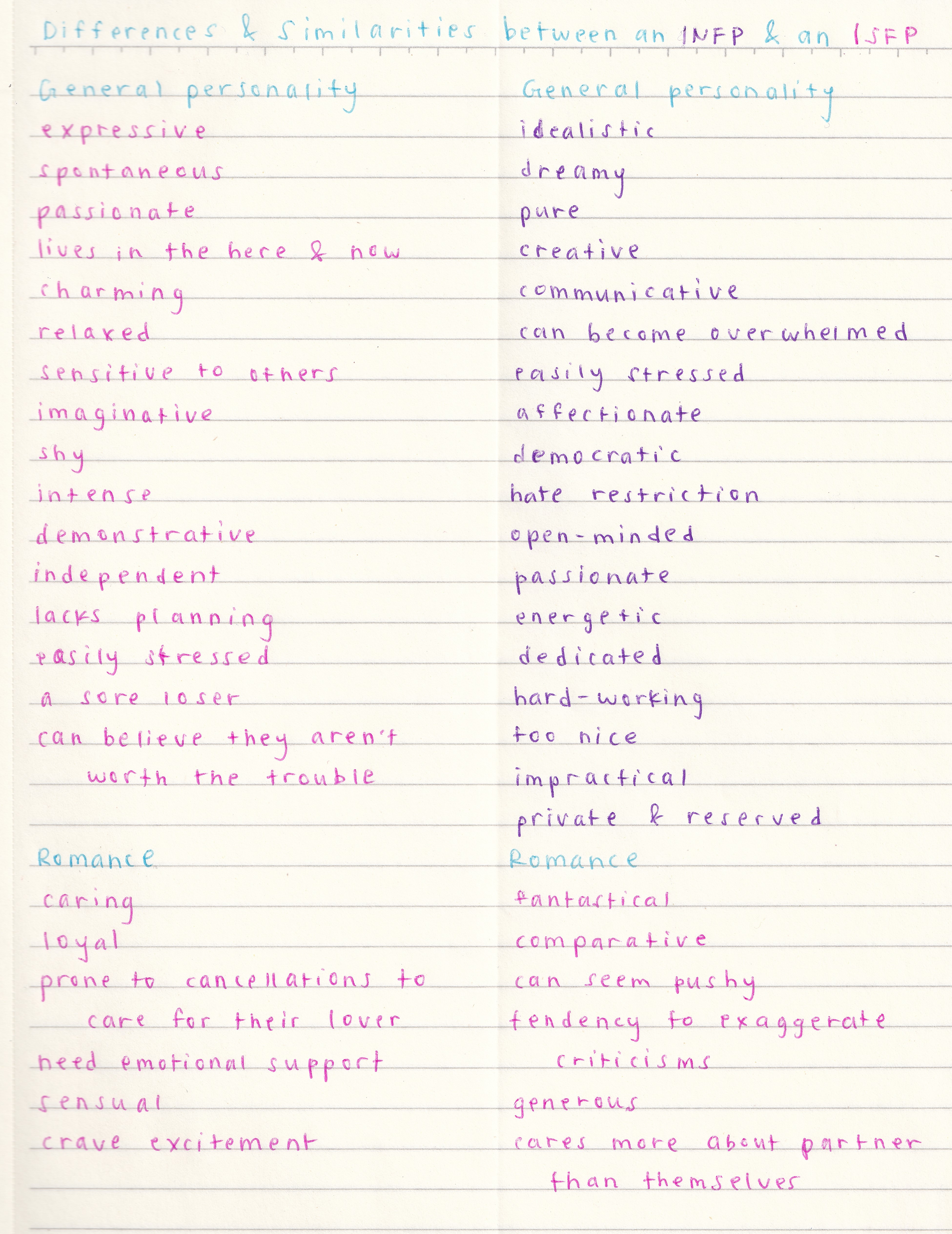There is a scene from Dreamworks’ The Croods, where Nicolas Cage’s character, Grug, and Emma Stone’s character, Eep, a dysfunctional father-daughter duo, tearfully clasp one another to themselves as the movie’s climax unfolds. They’re not holding each other like an adult would a baby. They’re not carrying the other as one would a tool or vessel. What purpose could gripping another body in such an obviously upset manner serve?
Eep and Grug stand there in that moment, the movie’s music score swelling, on a cliff that’s crumbling around them as the world they know falls to bits. Earth’s crust is cracking, breaking. They’ve got to move! Already, their family is on the other side of the ravine, eagerly awaiting them with worry and terror plainly etched on their faces. It’s a real nail biter!
Secured in her pa’s arms, Eep cuddles up close. “This works good,” she says through her sniffles. “What do you call it?”
In famous dadderly fashion, Grug confesses, “I was thinking about calling it a hug” before throwing in a Dad JokeTM. “Because it rhymes with Grug,” he says as he shrugs sheepishly. “But you can change it if you want.” Eep manages a chuckle and throws her arms around her big, strong Daddo, telling him she loves the idea.
Man, someone get me some tissues because that scene gets me in the emotions EVERY. TIME! There is a handful of reasons I could think of as to why something that particular wrenches, from the depths of my tender soul, such a deluge of tears and snot.
The Definition of a Hug
Can you imagine a time when hugging, a gesture we are so accustomed to, didn’t have a name… or even happen outside of coupling? A hug in itself, as defined by Dictionary.com, is “a tight clasp with the arms; embrace.” How very straightforward and succinct. They suspect its first appearance in the English language was around the 1560s from the Old Norse word hugga, meaning to soothe, console.
Mmkay, so that’s starting to match what we know a hug to be. That’s certainly a lot more informative in regards to the movie I mentioned just a moment ago.
But what is a Hug?
We are beings with a consciousness. We are a veritable mass of muscles mooshed around a boney frame with this knobby, wrinkly blob encased within our skulls. It contains these vague, misty images we know to be memories. It releases hormones that allow us to move, breathe, digest, and rid ourselves of waste. It collects information from our five senses and somehow molds it all into reactions and moods.
These bits and pieces are what gives us an image… an interpretation of what a hug is. Crazy!
I set out and asked my friends and family via Facebook what they thought a hug is. Only a few responded, but I was intrigued anyway.
A Hug Is…
Reassurance, comfort, love.
C. D., a friend, 30s
It’s anything and everything you need right now. It’s warm. It’s peaceful. It’s home.
K.M., a friend and coworker, 30s
A hug is the love inside you coming out through your arms to the one you’re hugging. It’s the friendliest way to say you care without being sexist, racist, religiously critical or too overwhelming. It gives back to you a feeling of well-being.
P.B., a family member, 80s
Closeness among friends.
G. T., a friend, 60s
…like a tip: it’s a sign of gratitude in a (usually) platonic way in the form of something vague and useful.
C. G., a friend and waiter, 20s
Holding someone you care for close to you with the purpose of feeling better or making them feel better.
S. C., a family member, 60s
A sign of affection. Happiness. Sadness.
M.C., a family member, 60s
[…is place where] there are no secrets.
D.C., a friend, 30s

In amazing human fashion, there are as many different takes on what a hug is as there are people on this planet. If one were to take the time to make a word cloud of all the keywords from a free response survey, I’m sure real qualitative data could be gathered! Perhaps some of the top docs in the field have already done so.
Throughout the day, as comments continued to trickle in, one friend showed me an interesting perspective. She said something akin to “You must relax and remember to breathe in a hug. They’re not to be taken advantage of.” While I know her to have experienced many unfortunate and inconvenient upheavals in her life, I suspect this view was coming from experience.
What a Hug is Not
Other definitions of a hug are to cling together and to keep close to. Analyzed with a jaundiced and bitter eye, a hug can bring forth ugliness. It can make us remember times where we were oh-so vulnerable and an individual we thought we trusted took that openness in hand with a mean intent.
Touching a touchy subject, pedophilia and pedophiles have been in the news recently thanks to Jeff Epstein (seriously, what was up with that guy?) and the huge push for pedophilia to be recognized as a sexual orientation. Even now, in France, there is a public outcry to revolutionize old and out-dated views on what the best age for consent is because one victim decided to write a book about her encounter with a celebrated pedophile.
Not only that, but both men and women with a record of manipulation, aggression, and emotional abuse of their peers (among other things) use hugs to gain our trust and rip our finances, family, and peace of mind from right under our noses. What is their end game? Is it an internal drive they can’t rid themselves of? Perhaps they’re receiving some kind of divine vision from Up High. Do they feel this urge sometimes or has it been there since birth? I can continue to wonder in suppositions.
However, I’m certain we can agree on what a hug is not. It is not permission to do as we please with another human, their surroundings, or loved ones. It is not a green light to strip someone of their self-worth; for who are we to play an Ultimate Being?
A True Gesture
In my humble opinion, a hug is a place in which all is communicated and all is felt on the deepest of levels. It is a delicate dance that brings balance to us — a weakened state garnering strength from a sturdy source, a wail in the dark being soothed back to sleep, a celebration after much toil.
A hug is the hallmark of a strong community, a gesture shared among strangers and loved ones alike. It’s used to bring others into the fold, warm and secure.
Simply put, a hug is an aspect of true human experience.
***
For my next post, I’d like to discuss “silence.” But first, a poll!



